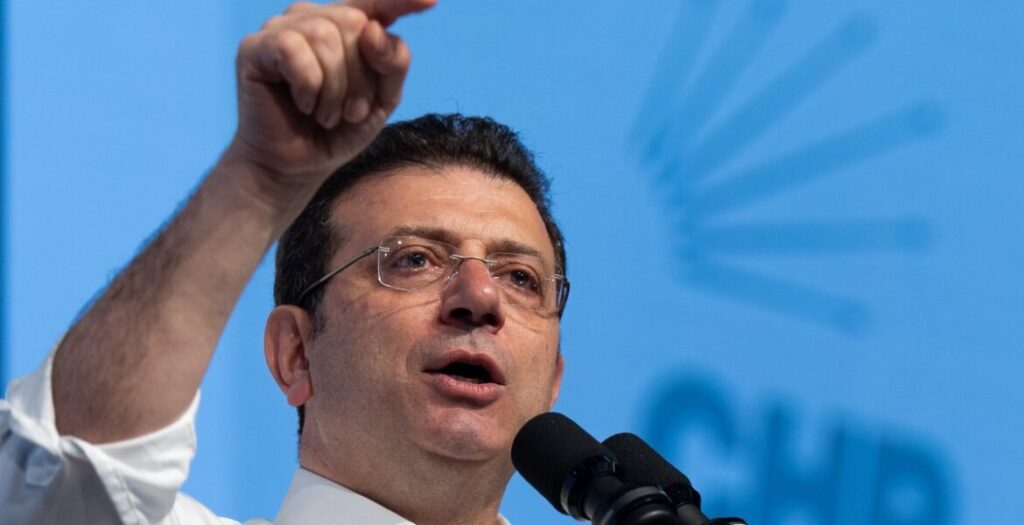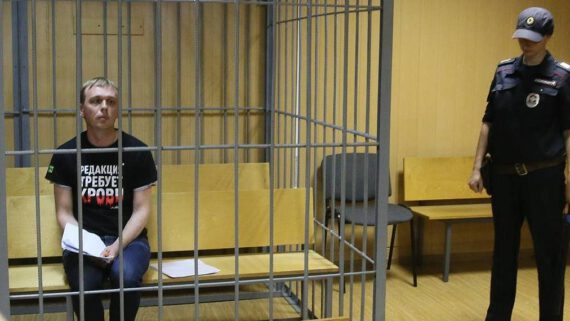The nullification of a university diploma is a serious legal matter with significant implications for individuals and institutions, particularly when it affects an individual’s eligibility for public office. Such decisions are often based on claims of irregularities in the admission, transfer, or graduation process. While academic institutions have the authority to revoke degrees in cases of fraud or misrepresentation, such actions must adhere to due process, legal certainty, and non-discrimination principles under international law. This article explores the general legal framework governing diploma nullification and examines a recent high-profile case involving Istanbul University’s decision to nullify the diploma of Ekrem Imamoglu, the mayor of Istanbul.
Nullification of University Diploma in Turkey
The nullification of university diploma raises significant legal and political concerns, particularly when it affects an individual’s eligibility for public office. While national laws govern diploma validation, international legal frameworks and comparative practices offer valuable insights into the principles of academic integrity, due process, and political rights. University diploma nullification occurs when a degree is revoked due to fraudulent admissions, academic misconduct, failure to meet graduation requirements, administrative errors, or legal violations. Such actions must follow due process and legal certainty to ensure fairness.
A recent case in Turkey involves İstanbul University’s nullification of Ekrem İmamoğlu’s diploma, citing alleged irregularities in his 1990 transfer from a private university in Northern Cyprus. This decision disqualifies İmamoğlu from running for president, as Turkish law requires candidates to hold a university degree. He is expected to appeal the decision, arguing procedural fairness, the statute of limitations, and potential political bias.
The Principle of Legal Certainty and Due Process
Under international law, the principle of legal certainty ensures that individuals are not subject to arbitrary decisions that could retroactively affect their legal status. The European Court of Human Rights (ECHR), in cases involving academic qualifications, has emphasized due process, transparency, and the right to a fair hearing under Article 6 of the European Convention on Human Rights (ECHR). The sudden nullification of a diploma decades after its issuance, particularly when it influences electoral eligibility, could raise concerns under Article 3 of Protocol No. 1, which guarantees the right to free elections.
Comparative Practices in University Diploma Verification
Diploma validation and nullification are handled differently across jurisdictions. Some notable practices include:
- United States: The Higher Education Act regulates degree-granting institutions, while diploma mills and fraudulent credentials are monitored by the Department of Education and state education agencies. Nullification of a degree is rare and typically occurs due to proven academic fraud, plagiarism, or misconduct.
- Germany: German universities, governed by state law (Länder laws), can revoke degrees if it is discovered that fraudulent means were used to obtain them. However, courts ensure that individuals are given the right to challenge such decisions through administrative appeals.
- France: The National Committee for the Evaluation of Universities oversees diploma validation. However, once a diploma is granted, it is rarely revoked unless there is evidence of fraud or corruption.
- United Kingdom: UK universities, regulated by the Quality Assurance Agency (QAA), can revoke degrees under strict guidelines, usually in cases of misrepresentation or academic misconduct. The affected individual can appeal through judicial review.
- European Union and Bologna Process: The Bologna Process promotes mutual recognition of degrees across European states, ensuring standardization in higher education. Revocation of degrees must comply with national administrative law and EU fundamental rights protections.
Political Implications and Electoral Rights
When diploma nullification impacts an individual’s right to run for office, it raises concerns about political interference and selective enforcement. International legal standards, particularly those outlined by the Venice Commission of the Council of Europe, stress that eligibility requirements for public office should not be arbitrarily manipulated for political purposes.
In the case of Ekrem İmamoğlu, the retrospective cancellation of his diploma, particularly so close to elections, raises concerns under international human rights law regarding fair political competition and non-discrimination. The decision to disqualify a candidate through academic legitimacy disputes rather than democratic processes could be viewed as an abuse of administrative mechanisms for political ends.
The Role of Judicial Review in Academic Decisions
Most democracies ensure that diploma nullification decisions are subject to judicial review. The right to challenge administrative actions before an independent court is a fundamental principle under the rule of law. If İmamoğlu appeals the decision, Turkish courts – and potentially the ECHR – may have to evaluate whether the nullification was conducted fairly, transparently, and in compliance with international standards.
Legal Grounds in Domestic Law
Diploma nullification typically occurs under the following circumstances:
- Fraudulent Admission or Transfer: If a student gains entry into a university or transfers based on false or misleading information, the institution may revoke the diploma.
- Academic Misconduct: Plagiarism, cheating, or other violations of academic integrity may lead to the nullification of a degree.
- Failure to Meet Graduation Requirements: If it is discovered that a student did not fulfill all necessary academic criteria, their diploma can be revoked.
- Administrative Errors: Universities may nullify diplomas if they identify procedural errors in awarding the degree.
- Legal or Regulatory Violations: Diplomas can be revoked if they are found to be in breach of national education laws or accreditation standards.
Case Study
Istanbul University’s Decision on Ekrem Imamoglu A recent and controversial case of diploma nullification involves Istanbul University’s decision to annul the diploma of Ekrem Imamoglu. According to reports, the university cited alleged irregularities in his 1990 transfer from a private university in northern Cyprus to its Faculty of Business Administration. This decision carries significant political consequences, as Turkish law requires presidential candidates to hold a university degree. The ruling effectively disqualifies Imamoglu from running for president unless overturned on appeal.
Potential Legal Arguments for Appeal Imamoglu is expected to challenge the decision based on several legal arguments:
- Procedural Irregularities: If the nullification process did not adhere to due process, it could be overturned.
- Statute of Limitations: After decades have passed since graduation, the legality of retroactively nullifying a degree may be contested.
- Selective Enforcement: If similar cases were not pursued with equal scrutiny, claims of political motivation could arise.
- Legitimacy of Transfer Process: If Imamoglu’s transfer followed regulations in place at the time, the nullification may lack legal standing.
Broader Implications
This case raises broader concerns about the politicization of educational credentials and the potential use of diploma nullification as a political tool. It also underscores the importance of clear legal frameworks governing university admissions, transfers, and degree validation to prevent disputes of this nature.
 English
English Türkçe
Türkçe Français
Français Deutsch
Deutsch






Comments
No comments yet.